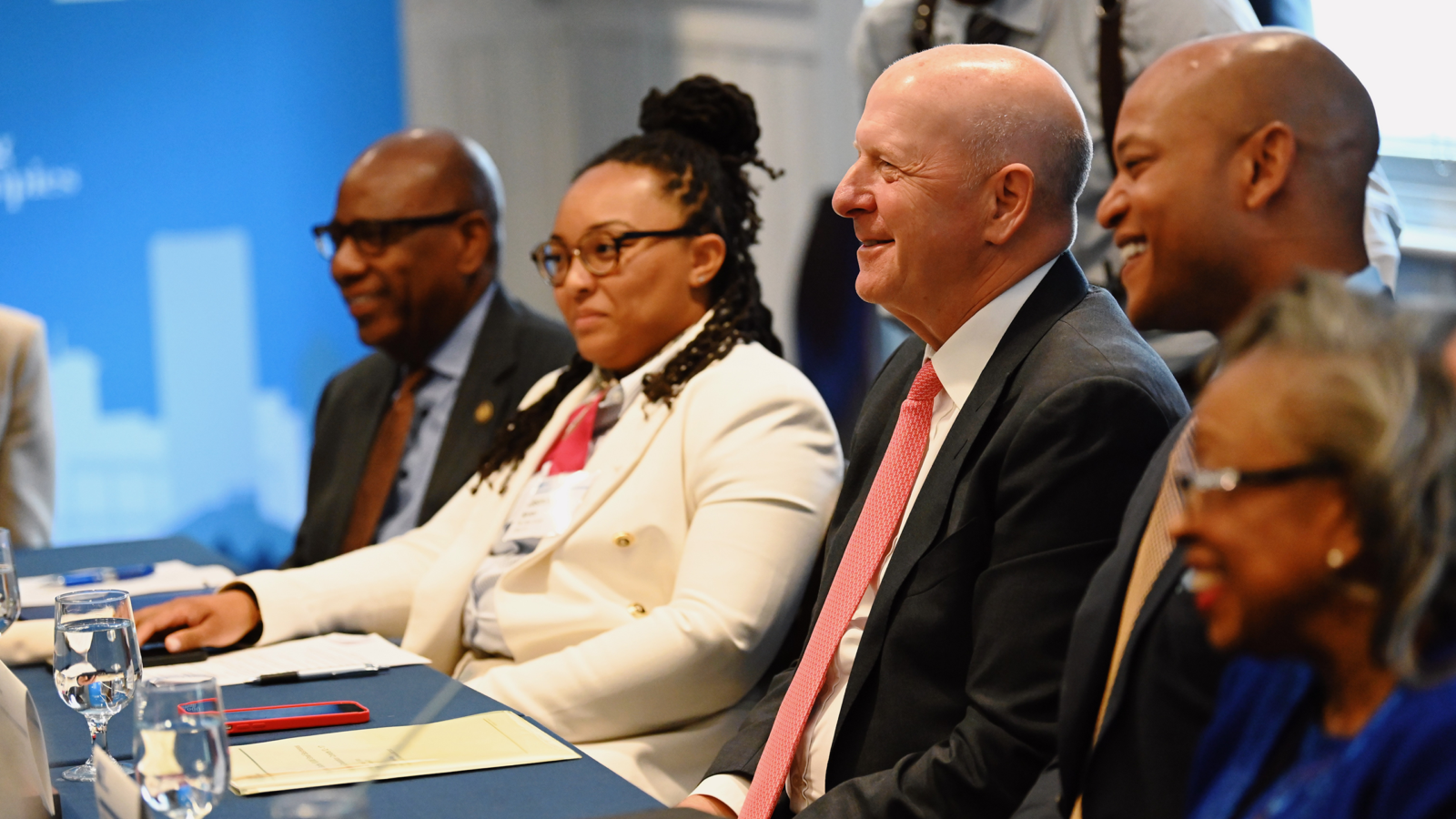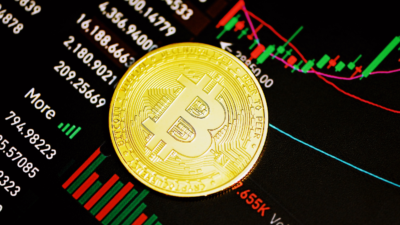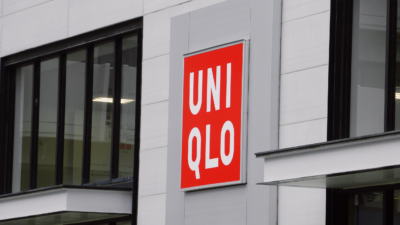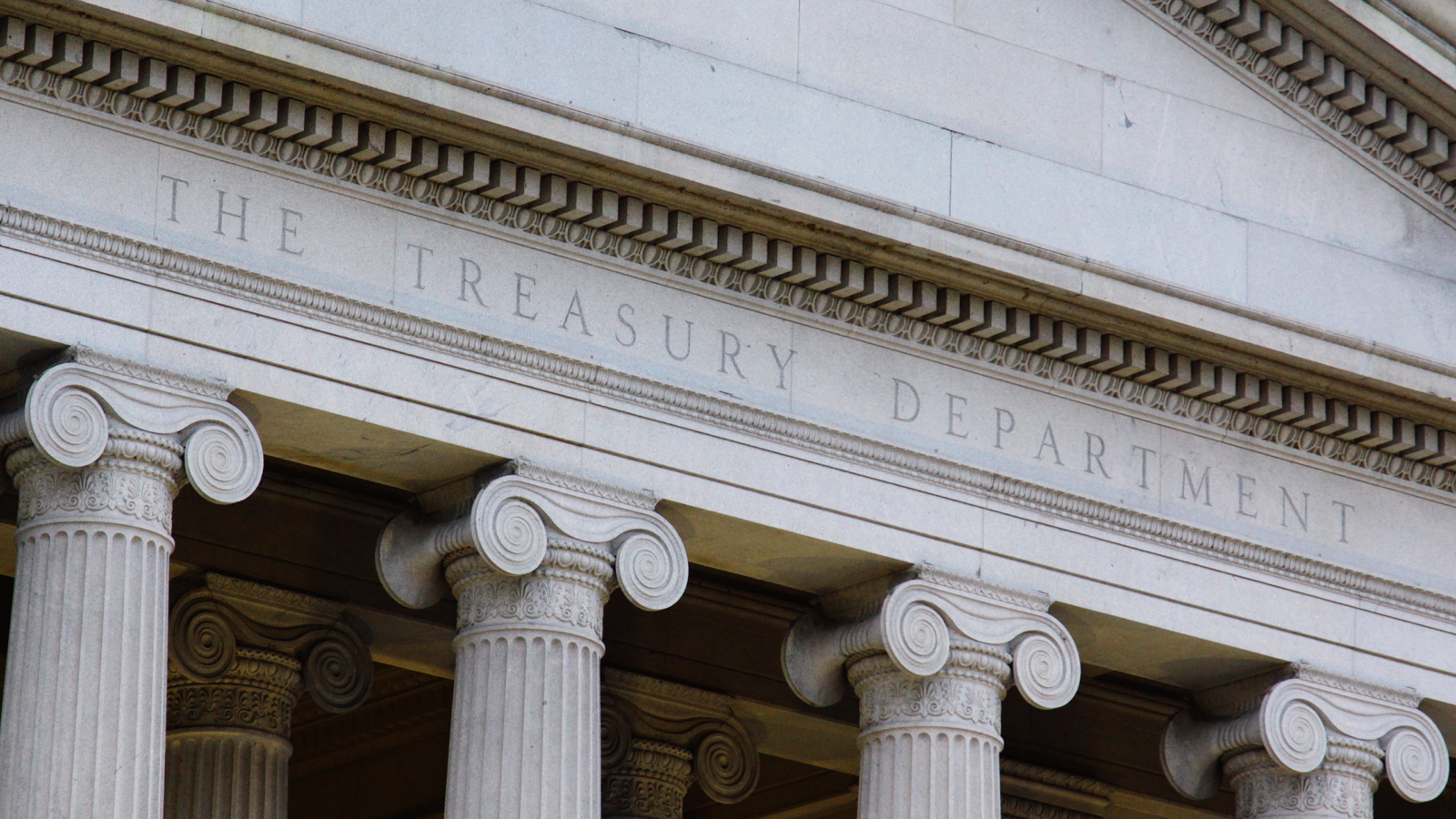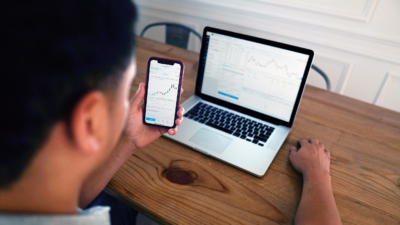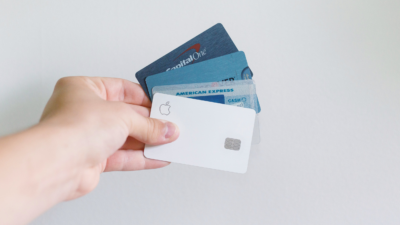Consumer Spending Buoyant in Run-up to Tariffs, Big Banks Say
Banks pocketed huge sums in the first quarter from equities because the “increased market volatility” triggered a rush on transactions.
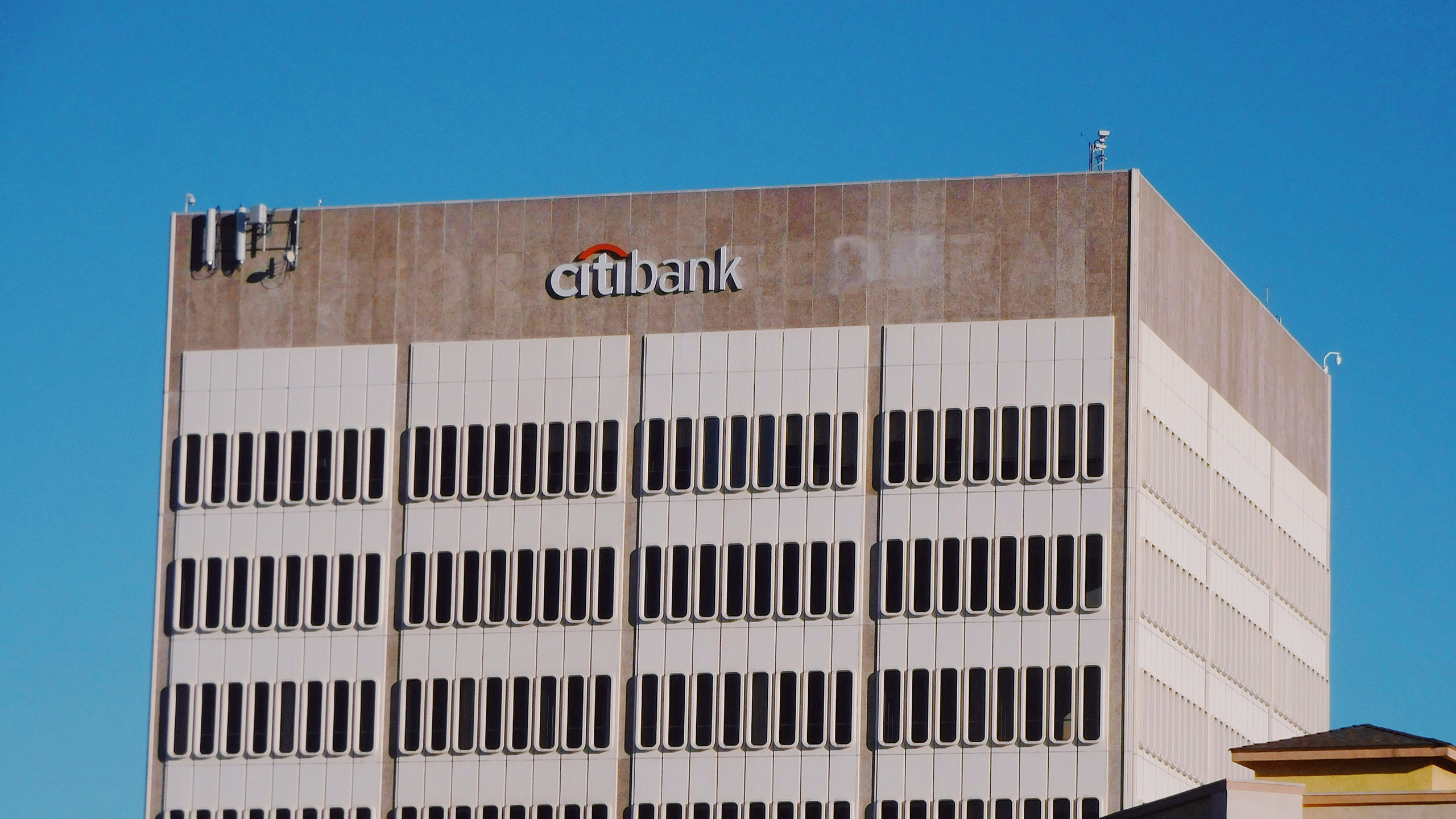
Sign up for smart news, insights, and analysis on the biggest financial stories of the day.
Tariffs schmariffs. They’re laughing all the way to the bank. Bank of America and Citigroup joined other Wall Street lenders Tuesday in reporting much better-than-expected earnings in the first three months of the year.
Like Goldman Sachs and JPMorgan before them, they can thank a boom in stock-trading: Revenue from that business rose 17% to a record $2.2 billion at BofA and 23% to $1.5 billion at Citi. That’s great news for the street, but the banks also offered good news for the broader economy.
Worried Consumers Flex Their Wallets
Banks pocketed huge sums in the first quarter from equities because the “increased market volatility” — as Citi rather politely described the market turmoil caused by tariffs — prompted clients to readjust their portfolios.
Swelling bank revenue likely won’t ease the uncertainty and anxiety gripping Americans and businesses alike. The most recent reading of the University of Michigan’s closely watched consumer sentiment index this past week showed a freefall this month, down 11% from March to a 50.8 reading, one of the worst in the past decade. Consumer inflation expectations jumped from 5% in March to 6.7%, the highest reading in over 40 years.
On the upside, data from the banks showed those fears may not have had a significant behavioral impact, as consumer spending — which accounted for 68% of US GDP in Q4 2024 — was surprisingly buoyant in the first three months of the year:
- BofA said combined debit and credit card spending climbed 4% year-over-year in the first quarter to $228 billion, while early- and late-stage credit card delinquencies went down compared with the fourth quarter of 2024. Spending on Citi’s branded credit cards rose 3% and delinquencies of 90 days or more remained flat, according to the group’s presentation. JPMorgan Chase, meanwhile, reported Friday that credit- and debit-card spending rose 7% YoY.
- BofA’s provision for credit losses — aka the pile of cash it keeps on hand to protect against a decline in consumer credit — remained flat at $1.5 billion, suggesting the lender doesn’t foresee an immediate concern. “The signals at this point from the consumer are that the U.S. economy still remains in good shape,” CFO Alastair Borthwick said on a media conference call.
Citi CEO Jane Fraser had an even more optimistic message for markets: “When all is said and done, and longstanding trade imbalances and other structural shifts are behind us, the U.S. will still be the world’s leading economy, and the dollar will remain the reserve currency.”
Reversing the Dip? BofA shares rose 3.6% Tuesday and Citi climbed 1.7%, producing gains on a day when the S&P 500 fell, albeit by less than 0.2%. The KBW Nasdaq Bank Index, which tracks the leading US lenders, added 1.2% — a reprieve that pared its decline during a tumultuous start to the year to about 13%.
